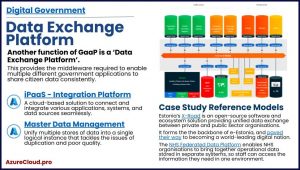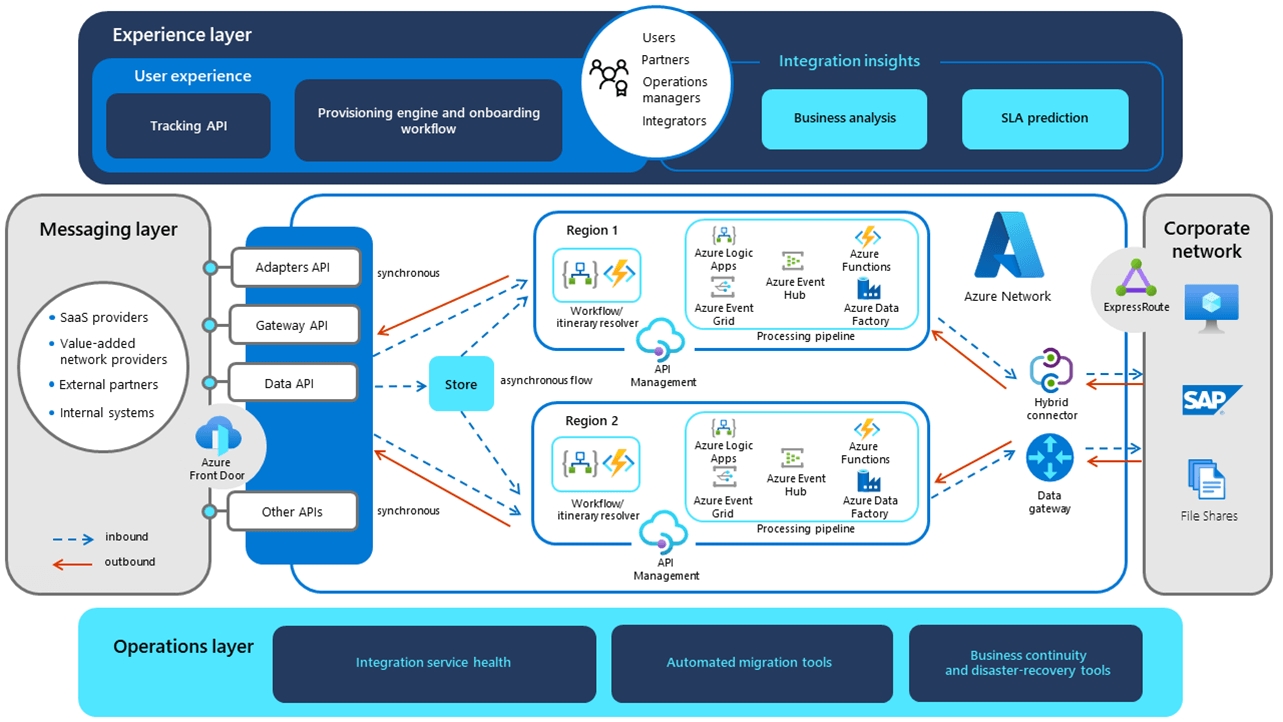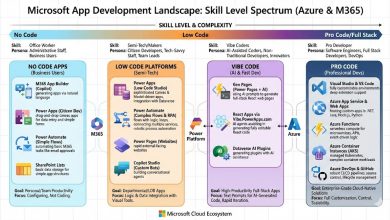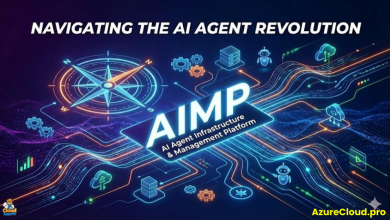Modernizing Enterprise Integration Services with Microsoft Azure iPaaS
Integration Platform as a Service (iPaaS) is a cloud-based solution that enables organizations to connect and integrate various applications, systems, and data sources seamlessly.
 In today’s digital landscape, enterprise organizations face the challenge of integrating various applications, systems, and data sources to streamline operations and enhance efficiency.
In today’s digital landscape, enterprise organizations face the challenge of integrating various applications, systems, and data sources to streamline operations and enhance efficiency.
Integration Platform as a Service (iPaaS) offers a comprehensive solution to address these integration needs effectively.
Azure Integration Services
Azure offers a suite of components for building an Enterprise iPaaS capability, which they explore in their ongoing blog. As described here Microsoft themselves have adopted this suite, which they define to include:
[box type=”info” align=”” class=”” width=””]
- API Management for APIs, policies, rate limiting, and authentication. abstract the authentication layer from the processing pipeline to help increase security and simplify processing of incoming data.
- Logic Apps for business workflows, orchestration, message decoding and encoding, schema validations, transformations, and integration accounts to store B2B partner profiles, agreements, schemas, and certificates.
- Microsoft Azure Event Grid for event-driven integration to publish and subscribe to business events.
- Microsoft Azure Functions for writing custom logic tasks, including metadata and config lookup, data lookup, duplicate check, replace namespace, and replace segments.
- Microsoft Azure Data Factory for processing low volume, large payload messages, ETL processes, and data transformation.
- Microsoft Azure Front Door as the entry point for all inbound traffic and securing endpoints by using Microsoft Azure Web Application Firewall configured with assignment permissions for allowed IP addresses.
[/box]
They deployed the entire solution to an Azure integration service environment, which supplied a fully isolated and dedicated integration environment and other benefits, including autoscaling, increased throughput limits, larger storage retention, improved availability, and a predictable cost model.

The solution architecture adheres to several important design principles and goals, including:
- Pattern-based workflows that enable dynamic decisions using partner information.
- Self-contained extensible workflows that can be modified and improved without affecting existing components.
- A gateway component to store and forward messages.
- Publish and subscribe services for data pipeline output.
- Complete B2B and A2A pipeline processing with 100 transactions per second throughput and message handling up to 100 megabytes (MB) per message.
Tutorial
By implementing iPaaS, enterprise organizations can achieve a more connected and efficient ecosystem, enabling them to stay competitive in today’s fast-paced business environment.
In this webinar Harold Campos shares why Azure Integration Services is right IPaaS for your organization. It also covers their strategy for Azure Logic Apps as a destination for BizTalk workloads.



